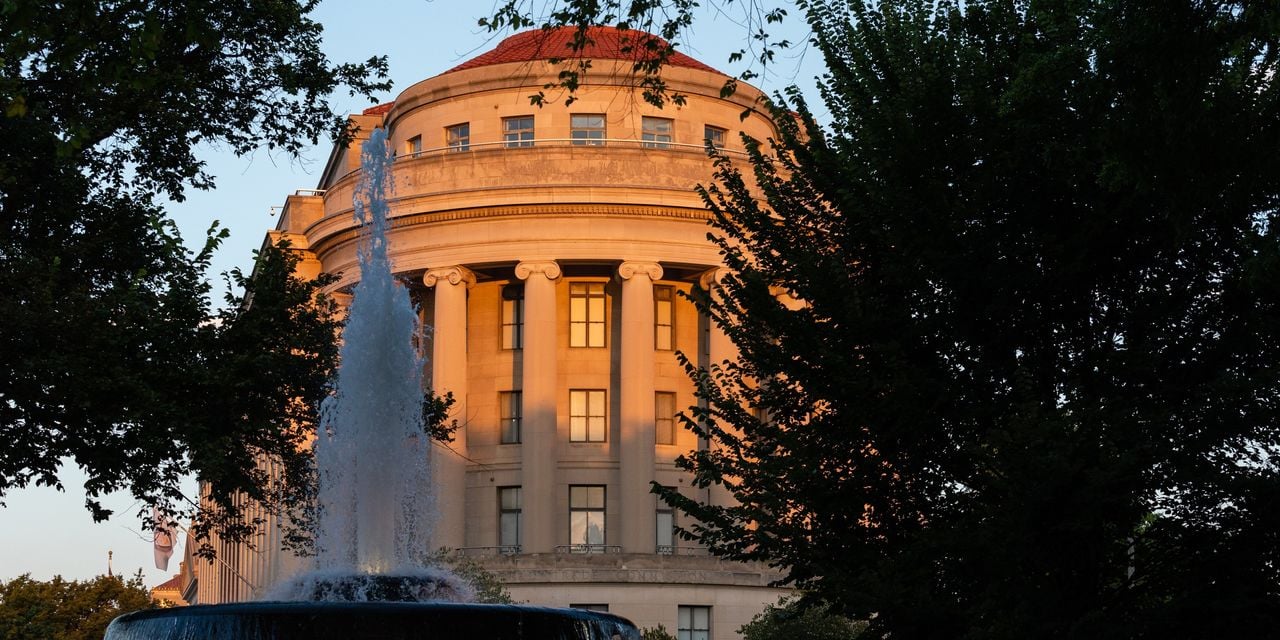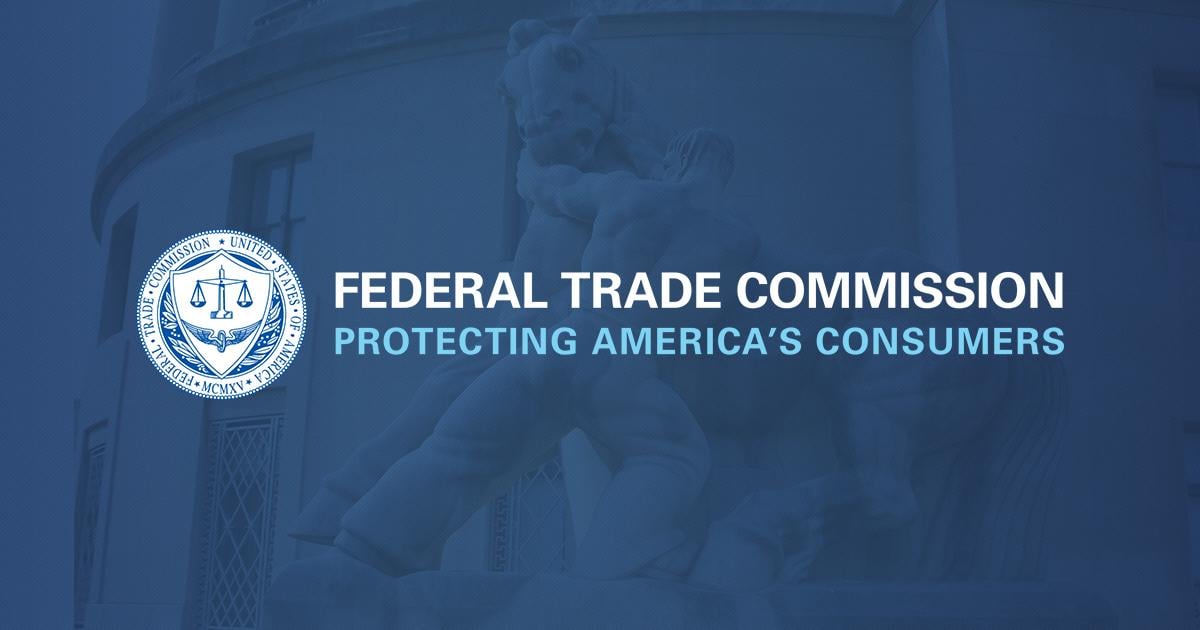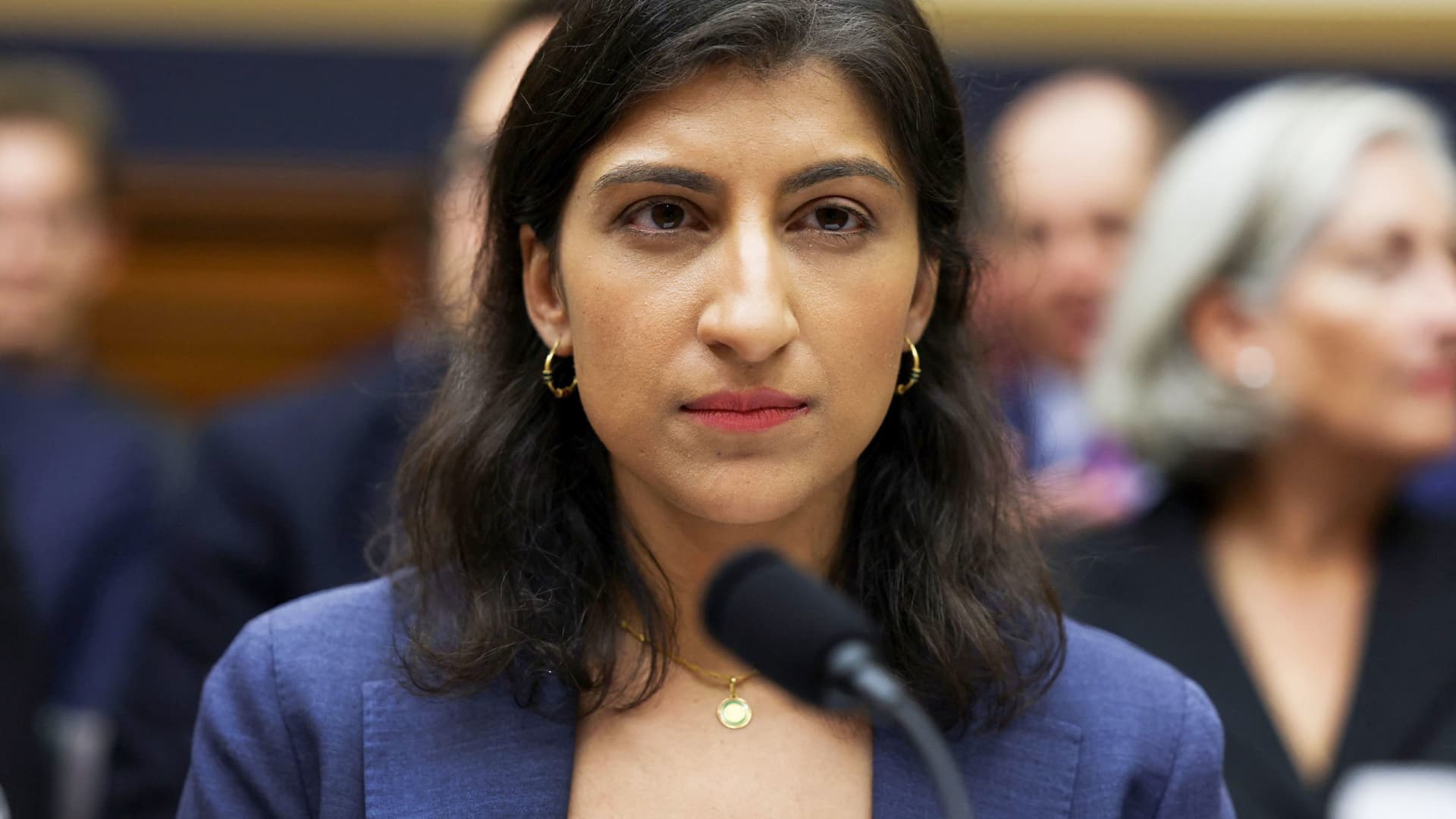- Joined
- Nov 24, 2008
- Messages
- 785
- Reaction score
- 728
FTC Sues Large Private-Equity-Backed Anesthesia Provider
The lawsuit against U.S. Anesthesia Partners is one of the first challenges of a private-equity strategy known as a roll-up.
I don't know about other areas but in NYC , mt Sinai isn't even close to a monopoly. There are so many anesthesia practices hereAre they going to sue Pitt, Northwestern, Mt Sinai, etc and all the other giant healthcare machines that have swallowed up private physician groups? If not, I don’t see this reversing any trends or decreasing Americans’ healthcare expenditures.
U guys all have wsj subscriptions??? Can't read but I can probably imagine the content
FTC Sues Large Private-Equity-Backed Anesthesia Provider
The lawsuit against U.S. Anesthesia Partners is one of the first challenges of a private-equity strategy known as a roll-up.www.wsj.com
Yeah but they are partners in the place and hold "equity".That USAP stock was already worthless before this FTC lawsuit. They were redeeming stock only at their discretion.

That means the Docs will be sharing dividends with the legal team, for the foreseeable future….Whoa. Lawyers what does this mean
Any idea about the “large anesthesia provider” that USAP had an agreement with, to “stay out of our territory”???

Isn’t the FTC chair married to an Academic Cardiologist?As others have said, I’m waiting for the FTC to start going after Mayo, Cleveland Clinic, United Healthcare, Aetna, Northwell, etc etc etc. These entities literally invented roll ups. Kaiser did it their own more integrated way.
USAP came into existence because small anesthesia groups were trying to survive in a world of giants.
I'd imagine some FTC higher-ups have very good relationships with a handful of insurance higher-ups...Isn’t the FTC chair married to an Academic Cardiologist?
I don’t see them going after Mayo/CCF anytime soon but maybe I’m misremembering
I'm also all for breaking up PE backed CMGs, but agree it seems odd to focus on physician group and leave regional healthcare system monopolies alone.
It's probably for PR reasons. If you go after Mayo you'll get all these stories about how Mayo saved patients lives and the feds are socializing healthcare. Don't think anyone will shed a tear for PE backed CMGs
A case could certainly be made that the 3-4 BIG insurance companies essentially CREATED this monster, by often refusing to negotiate with small private groups. They wouldn’t budge on their pay, if you were a small group. Meanwhile, they were more than happy to give 50-100% more to USAP and their ilk, for the same work at the same hospital in the same city (well, they were happy to do it until they forced most of the small private groups out of business, then they went screaming to the Govt about the large AMC’s that resulted from it).Yea but they won't do **** to United and BCBS who are gouging us.
I fail to understand how "price-fixing" can go on in anesthesia when everything is negotiated with hospitals and insurance companies?
Exactly!A case could certainly be made that the 3-4 BIG insurance companies essentially CREATED this monster, by often refusing to negotiate with small private groups. They wouldn’t budge on their pay, if you were a small group. Meanwhile, they were more than happy to give 50-100% more to USAP and their ilk, for the same work at the same hospital in the same city (well, they were happy to do it until they forced most of the small private groups out of business, then they went screaming to the Govt about the large AMC’s that resulted from it).
This case has nothing to do with their proposed rule on noncompetes.So I read the actual document today during a plastics flap case... there's nothing about non- competes in the FTC's "prayer" for relief. So does that mean this doesn't affect non-competes? Or do we think the FTC didn't include it because there's a separate process over non-competes?
Correct. FTC needs to go after big hospital systems. And the outrageous prices they charge.Are they going to sue Pitt, Northwestern, Mt Sinai, etc and all the other giant healthcare machines that have swallowed up private physician groups? If not, I don’t see this reversing any trends or decreasing Americans’ healthcare expenditures.
Which is why many small groups across the USA no longer exist today. Even if the partners didn't want to sell out to AMCs the playing field wasn't level. Insurance companies paid AMCS 50% more than small groups forcing them to either merge, sell out or go out of business. With today's costs being the highest ever in terms of salaries/benefits, the pressure on independent groups has never been greater. Hospitals need to provide stipends to the vast majority of anesthesiology departments.A case could certainly be made that the 3-4 BIG insurance companies essentially CREATED this monster, by often refusing to negotiate with small private groups. They wouldn’t budge on their pay, if you were a small group. Meanwhile, they were more than happy to give 50-100% more to USAP and their ilk, for the same work at the same hospital in the same city (well, they were happy to do it until they forced most of the small private groups out of business, then they went screaming to the Govt about the large AMC’s that resulted from it).

FTC sues Texas anesthesiology provider to bust monopoly
The Federal Trade Commission sued U.S. Anesthesia Partners, alleging the company has established monopoly power in key Texas health-care markets.www.cnbc.com
The FTC asked a federal judge in Houston, Texas, to break up U.S. Anesthesia Partners’ alleged monopoly power and permanently bar the company from engaging in anti-competitive practices.
A case could certainly be made that the 3-4 BIG insurance companies essentially CREATED this monster, by often refusing to negotiate with small private groups. They wouldn’t budge on their pay, if you were a small group. Meanwhile, they were more than happy to give 50-100% more to USAP and their ilk, for the same work at the same hospital in the same city (well, they were happy to do it until they forced most of the small private groups out of business, then they went screaming to the Govt about the large AMC’s that resulted from it).
It’s particularly funny when the FTC steps in to fight for United Healthcare when United is the single largest employer of physicians in the entire country 🤔🤔I doubt the ftc can succeed. Like any monopoly. They would have to prove Usap owns 80-90% of anesthesia share in each community.
It’s a very dangerous game as hospitals based systems account for a fairly large number of w2 specialists in many fields.
I doubt the ftc can succeed. Like any monopoly. They would have to prove Usap owns 80-90% of anesthesia share in each community.
It’s a very dangerous game as hospitals based systems account for a fairly large number of w2 specialists in many fields.
I doubt the ftc can succeed. Like any monopoly. They would have to prove Usap owns 80-90% of anesthesia share in each community.
It’s a very dangerous game as hospitals based systems account for a fairly large number of w2 specialists in many fields.
Are they going to sue Pitt, Northwestern, Mt Sinai, etc and all the other giant healthcare machines that have swallowed up private physician groups? If not, I don’t see this reversing any trends or decreasing Americans’ healthcare expenditures.
I doubt the ftc can succeed. Like any monopoly. They would have to prove Usap owns 80-90% of anesthesia share in each community.
It’s a very dangerous game as hospitals based systems account for a fairly large number of w2 specialists in many fields.
Most likely divest some sites in communities that they have too large a market share.The government doesn't lose a lot, but you may be right. Possibly there will be some sort of settlement agreed upon.
It’s dangerous in that in many communities like mine where there are literally 2 major hospital systems that control 80% of the area. And it’s not a small place I live in. And those two hospitals have played hard ball with united healthcare also in that commercials have been aired to the local communities why the hospitals aren’t covering united healthcare in network.I don’t get the impression that the FTC is suing because USAP is a monopoly. I think they are suing because of the anti-competitive tactics they were using for expansion. USAP is almost definitely not a monopoly, but their tactics for expansion probably were anti-competitive and illegal.
Another article that includes EM as well. Heads They ‘Cha-Ching!’; Tails They Take Away Your Malpractice Insurance
Would be cool if the ASA had Lina Khan speak at the annual meeting.

ANESTHESIOLOGY the ASA Annual Meeting
Explore in-depth content across 12 clinical tracks, including 32 hands-on workshops, 400 eAbstracts, and hundreds of sessions on the big issues facing us today.www.asahq.org
Scroll to the bottom and look at the ASA meeting sponsors. I wonder if USAP would pull their sponsorship if the chairperson of the FTC spoke at the ASA.
EM has been battered into submission, so the ACEP’s sudden interest in ridding themselves of private equity is purely reactionary. Although, I do commend them for it even if it is a little too late. Hopefully enough people can get the ASA to wake up, though I wouldn’t count on it.
Absolutely. In fact they had a whole faction of people leave ACEP and create AAEM, which has a direct focus on opposing corporate medicine and midlevel nonsense. Maybe we need an AAEM equivalent…The only reason why acep is reacting to private equity after feeding at their trough for years is that they are finally noticing the drop in membership and dues paid. But they were more than happy to close their eyes to the takeover and collapse of their field as long as the checks kept rolling in
Really felt like the lawsuit had no bite, all bark.Lina khan has filed a bunch of these lawsuits and she LOSES most of the time… it’s done for the press.
